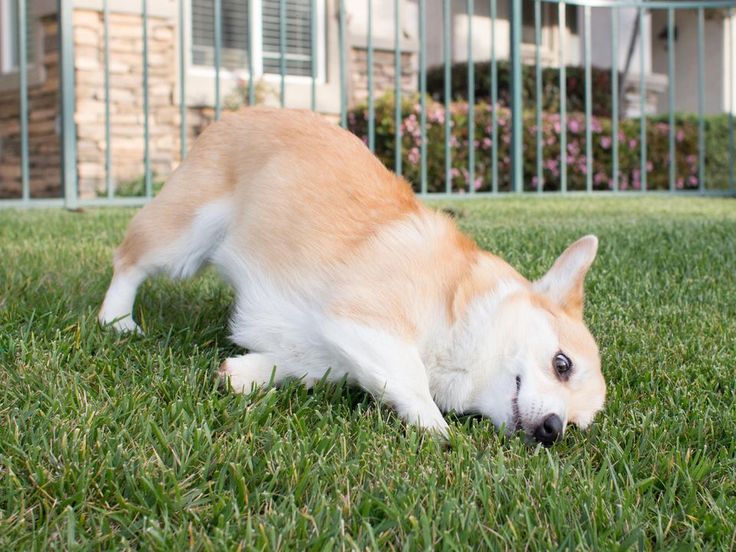
You’ve probably asked your dog for something as simple as to sit, only to see him stare at you like you were speaking a different language.
It was one of the first things you taught your dog! He does it every time you ask. What gives? Why does it seem like my dog “forgets his training” sometimes?
You should always ask yourself the following question when your dog seems to be blowing off you: “Did you teach him the entire behavior or only a specific version?”
Let’s imagine that your dog knows to stay while you walk his food bowl to the spot where he will eat. He also knows to hold as you are filling his bowl. Awesome! Do you ask your dog for a stay in any other situation? Can he stay while you are opening the door for a parcel? When your children are running around the table chasing one another? It’s a lot different to ask your dog not to run around the table when you have kids chasing each other.
You’ll need to increase your dog’s “stay fluency.” Imagine all the scenarios in which you believe it will be beneficial for your dog, beyond just dinnertime stays. Then work together to achieve them.
Have you taken any language classes? You start by learning the basic grammar. Then you progress to simple sentences. Finally, you can hold a conversation with your classmate. Your confidence grows as you begin to speak simple sentences.
Imagine that your entire class goes on a trip together to the market of the country in which you are studying. All of a sudden, the lessons you’ve learned in class are no longer relevant. The accents are strange and people talk too quickly. This sounds like an incredibly frustrating and frightening scenario. It’s the same for our dogs when they are taken out of their “classrooms” into the world.
Because he is comfortable in his environment, asking your dog to “sit”, around the house will be very simple for him. It’s a completely different thing to ask your dog sit in the veterinarian’s office. The sights, sounds, and smells of a foreign land can overwhelm you and cause you to “forget” the language you are learning.
A dog is not at ease in the vet’s office. It’s easy for the smells, noises, and memories of not-so-happy times to overwhelm any basic training that you have done. In this situation, your dog may not be deliberately disobedient. It is more likely that he’s overwhelmed by his surroundings.
In the dog park, it’s no different. You can explore and sniff a great deal! The environment can override the training and sometimes your dog will “forget to respond” when called.
If you want to ensure that your dog will remember the manners he learned, make sure his responses in familiar environments like your backyard are near perfect. Do not skip this important step. You can then practice in the park when there are fewer dogs and it is not as busy.
Use a special treat to practice recalls in the morning and evening, when there are fewer distractions. You can set up your dog for success by calling only when he is not engaged in a play session with another dog.
Look deeper if your dog seems to be “forgetting his training”. Many dogs are uncomfortable doing a sit-stay on hardwood flooring. These dogs may seem to be avoiding me when they hesitate to perform the sit-stay, but in reality, they are trying to prevent slipping all over. We opt to use a down stay instead.
They may not respond if they are standing next to an obnoxious fan. This is because some dogs have superstitions about the equipment in their homes. Pain can also be an issue. A dog that is older might be reluctant to go down because he feels pain when he gets back up. Just observe your dog, and take into consideration all the influences that could be at play before you accuse him of insubordination.
If you don’t believe it, then your dog doesn’t mean to disrespectfully ignore you when he forgets how to perform a task. When you have done well with the basic training of your dog, but he still doesn’t follow a command when asked to do so, it’s likely that there’s another factor at work. Finding out what is causing the dog to refuse will help you both.